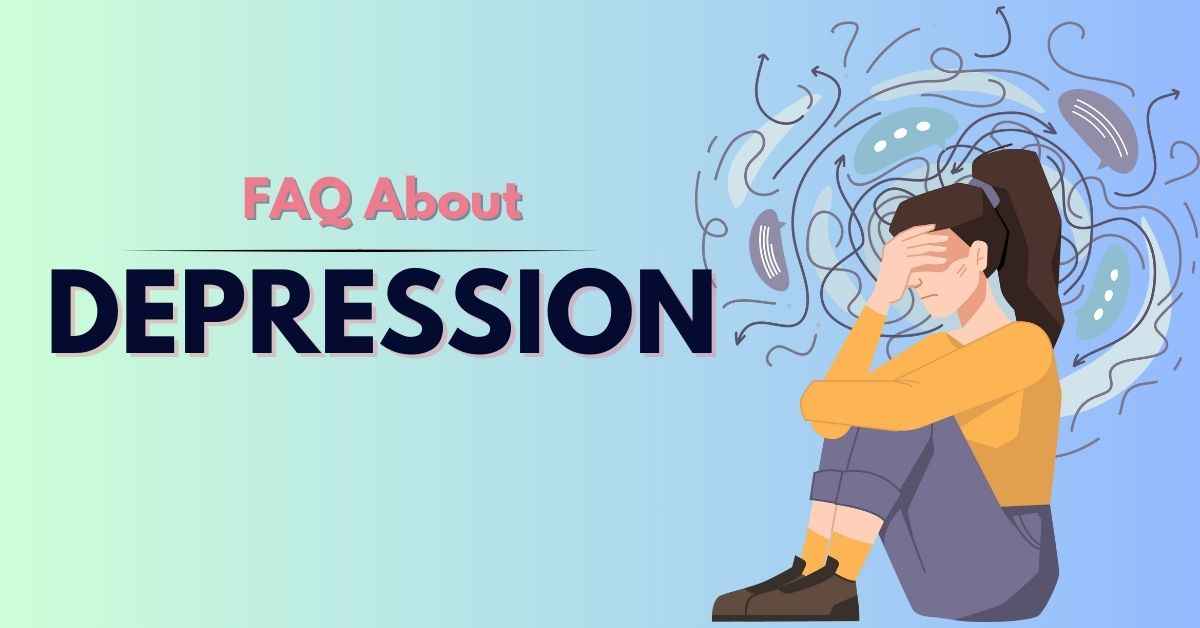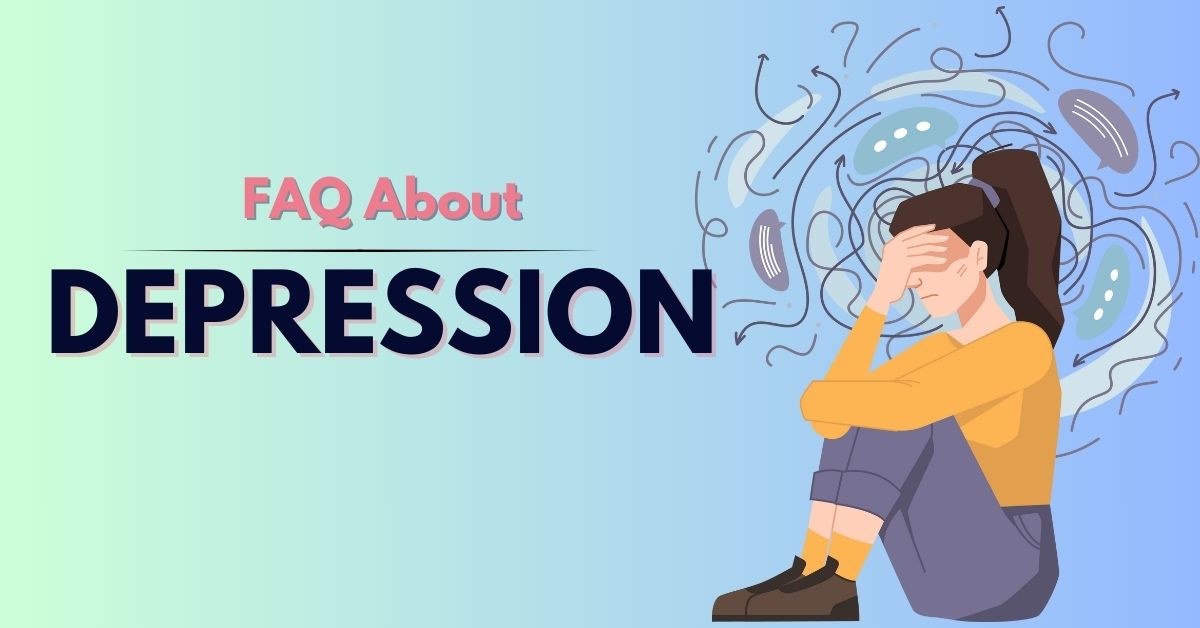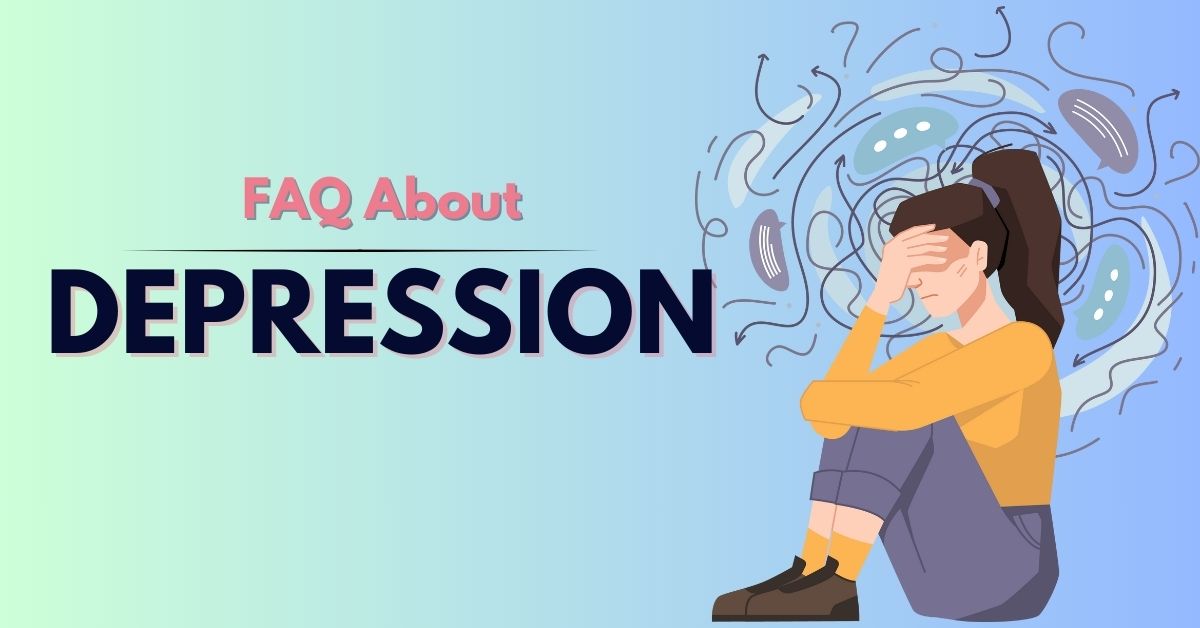Dealing with depression can feel like carrying a heavy backpack you can never take off. For many, medications offer relief, but are they truly safe? Let’s dive into the details to understand the risks, benefits, and considerations.
Depression affects millions of people worldwide, making it one of the most common mental health issues. While lifestyle changes and therapy are often recommended, medications are a popular choice for managing symptoms. But this decision often comes with doubts: Are they safe? Are the risks worth the benefits? Let’s explore this topic to find clarity.
- Symptom Relief: Many people report improved sleep, appetite, and energy.
- Enhanced Therapy Effectiveness: Medications can make it easier to engage in therapy by stabilizing mood.
- Improved Quality of Life: When symptoms are managed, daily activities become more manageable and enjoyable.
Potential Side Effects
No medication is without risks. Some common side effects of antidepressants include:
- Nausea
- Weight gain
- Insomnia
- Sexual dysfunction
- Drowsiness or fatigue
While these are usually temporary, severe side effects like suicidal thoughts in young adults require immediate medical attention.
Are Depression Medications Addictive?
Unlike substances like opioids, antidepressants are not considered addictive. However, discontinuing them abruptly can cause withdrawal-like symptoms, known as discontinuation syndrome. Always consult your doctor before stopping.
Who Should Consider Antidepressants?
Antidepressants aren’t for everyone. They are typically prescribed for:
- Moderate to Severe Depression: When symptoms interfere with daily life.
- Chronic Depression: For long-term management.
- Co-occurring Disorders: Such as anxiety or PTSD.
Alternatives to Depression Medications
Not everyone needs medication. Some alternatives include:
- Therapy: Cognitive Behavioral Therapy (CBT) is highly effective.
- Lifestyle Changes: Regular exercise, a balanced diet, and adequate sleep can significantly improve mood.
- Mindfulness Practices: Yoga, meditation, and deep-breathing exercises can reduce stress.
Can You Stop Taking Antidepressants?
Yes, but it’s crucial to do so under medical supervision. Abruptly stopping can lead to:
- Dizziness
- Mood swings
- Flu-like symptoms
A doctor can guide you through a gradual tapering process to minimize withdrawal effects.
How to Use Depression Medications Safely
Safety is key. Follow these tips:
- Stick to Prescriptions: Take the prescribed dose at the same time daily.
- Monitor Side Effects: Keep track and report any unusual symptoms to your doctor.
- Avoid Alcohol: It can interfere with the medication’s effectiveness.
The Role of Therapy Alongside Medications
Medications address symptoms, but therapy digs deeper into the root causes of depression. Combining the two often leads to the best outcomes.
Myths About Depression Medications
Let’s bust some common myths:
- Myth: “Antidepressants change your personality.”
- Truth: They aim to restore your natural personality, not alter it.
- Myth: “You have to take them forever.”
- Truth: Many people use them temporarily and taper off with guidance.
The Importance of Professional Guidance
Never self-diagnose or self-medicate. A qualified healthcare provider can evaluate your condition, discuss options, and tailor a treatment plan suited to you.
Conclusion and Key Takeaways
Depression medications can be a powerful tool in managing symptoms and improving quality of life, but they’re not without risks. Understanding their role, benefits, and limitations helps make informed decisions. Always prioritize professional guidance and explore complementary treatments like therapy or lifestyle changes for holistic well-being.
Also Read: Are Depression and Anxiety the Same?
FAQs
Q: Can I take depression medications during pregnancy?
A: It depends on the medication and severity of your depression. Consult your doctor to weigh the risks and benefits.
Q: Are natural remedies like St. John’s Wort safer than antidepressants?
A: Natural doesn’t always mean safer. St. John’s Wort can interact with other medications. Always consult a professional.
Q: How long does it take for antidepressants to work?
A: Most medications take 4-6 weeks to show full effects, though some improvements may appear sooner.
Q: What should I do if I miss a dose?
A: Take it as soon as you remember, but skip it if it’s close to your next dose. Avoid doubling up.
Q: Can I drink coffee while on antidepressants?
A: Yes, but monitor your caffeine intake as it can affect sleep and interact with some medications. Consult your doctor for specific advice.



